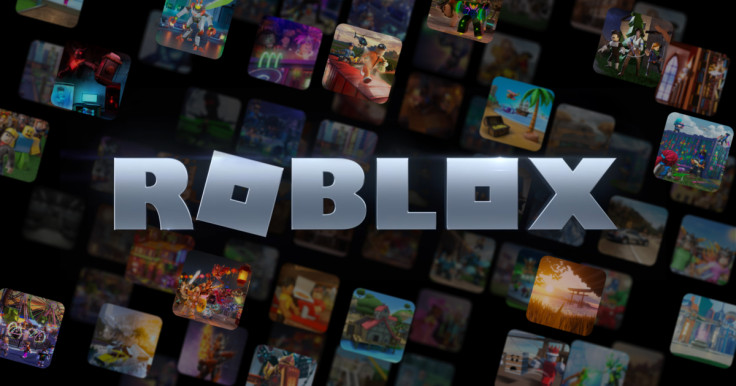Roblox CEO Announces 'Industry Standard' Safety Guidelines—Is This Just Damage Control Before a UK Ban?
Roblox introduces AI-powered age checks and trusted connections for minors

Roblox CEO David Baszucki has announced a new set of safety guidelines, describing them as the future 'industry standard' for online platforms. The announcement comes amid growing speculation that Roblox could face restrictions or even a ban in the United Kingdom by 2025.
The company says the new measures, which include stricter identity checks and new protections for children, are designed to make its platform safer. The move raises questions about whether these steps are intended to reassure regulators, parents and campaigners increasingly vocal about online safety.
CEO's Hardline Stance on Platform Rules
In a recent interview with CNBC, the Roblox CEO reinforced the company's strict stance on community standards. 'We have no tolerance for people who don't follow our policies,' Baszucki said, adding that the platform will not allow impersonation or harmful activities of any kind.
Roblox has previously faced criticism for issues including scams, inappropriate content and user impersonation. Baszucki's latest comments suggest the company is attempting to clamp down more forcefully on behaviours that have attracted negative attention from regulators and watchdogs.
The New 'Industry Standard' Safety Measures
Among the newly announced measures are two major features designed to improve child protection on Roblox. The first is age estimation technology, which will rely on either official ID verification or an AI-based selfie system to determine a user's age. The second is a feature called 'Trusted Connections', designed to ensure that minors can only interact with people they personally know in real life.
According to the Roblox CEO, these features represent a new standard for safety within the gaming and digital entertainment industry. The company has positioned these updates as an example for other online platforms, suggesting that age verification and restricted communication could become more common across the sector.
Pressure from Regulators and Parents
The timing of the announcement comes as no surprise. UK regulators, including the Information Commissioner's Office (ICO), have been increasing pressure on gaming platforms to provide stronger protections for children online.
Parents and child safety groups have long voiced concerns about the risks of predators, scams and unsafe interactions on Roblox and similar platforms.
Campaign groups have repeatedly highlighted cases of inappropriate behaviour online, arguing that platforms like Roblox must do more to protect young users. Industry experts suggest that these new measures are designed not only to improve safety but also to demonstrate compliance with regulatory expectations as rumours of a potential UK ban continue to circulate.
Reactions and Controversy
The new policies have already sparked debate. Some industry analysts have praised Roblox for taking proactive steps to address long-standing safety concerns. Others, however, have questioned whether the new features will be effective at scale, given the platform's millions of daily users worldwide.
Privacy advocates have previously raised concerns about AI-based age verification, calling it potentially intrusive and difficult to manage responsibly. Parent groups have also expressed scepticism over whether 'Trusted Connections' will be able to prevent grooming or harmful interactions entirely.
Critics argue that while the new rules may strengthen protections, they could also restrict user freedom without addressing deeper issues in online safety.
What Is at Stake for Roblox in the UK
The United Kingdom remains one of Roblox's most important markets, with a large base of child and teenage players. Any restriction or ban would carry significant financial consequences and could damage the company's global reputation. Analysts warn that if UK regulators take decisive action, other countries could follow with similar measures.
For Roblox, the challenge will be proving that its new safety framework is more than just a response to mounting pressure. Whether the company can convince regulators and parents remains to be seen.
© Copyright IBTimes 2025. All rights reserved.

















